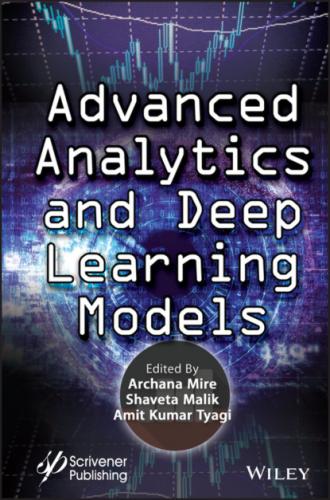When multiple-criteria user-to-user CF is used as recommender algorithm, then the best overall results are obtained [5].
3.4.2 User Preference Learning in Multi-Criteria Recommendation Using Stacked Autoencoders by Tallapally et al.
Here, they come up with a stacked autoencoders which is a DNN approach to use the multiple-criteria ratings. They implemented a model which is configured to analyze the connection in the middle of every client’s criteria and general rating efficiency. Test outcomes are based on practical datasets like Yahoo! Movies dataset and TripAdvisor dataset. It illustrates that this approach can perform both single-criteria systems and multi-criteria approaches on different performance matrix [4].
Now, if we look on their proposed performance evaluation and result analysis, then it will be cleared that how much efficiency this model can achieve.
3.4.2.1 Dataset and Evaluation Matrix
In this paper, they have used two datasets based on real world from tourism and movie domains that are used to evaluate the performance. They hold on to the sample data of the users who reviewed at least five hotels and hotels that were reviewed by at least five users to obtain working data subset from TA.
They used subset that carry more than 19,000 rating instances by more than 3,100 users with around 3,500 hotels which has a high sparsity of 99.8272%. In addition, YM data are generated as shown in Tables 3.3 to 3.5. For analyzing the performance of this method, they used Mean Absolute Error (MAE) which is known for its simplicity, accuracy, and popularity [4].
Table 3.3 Dataset.
Result = YM 10-10
Result = YM 20-20
| Technique | MAE | GIMAE | GPIMAE | F1 | Technique | MAE | GIMAE | GPIMAE | F1 | |
|---|---|---|---|---|---|---|---|---|---|---|
| MF [10] | 0.8478 | 0.7461 | 0.6765 | 0.5998 | MF [10] | 0.7397 | 0.6077 | 0.57 | 0.6698 | |
| 2016_Hybrid AE [23] | 0.7811 | 0.6595 | 0.8269 | 0.7042 | 2016_Hybrid AE [23] | 0.7205 | 0.6008 | 0.783 | 0.7578 | |
| 2011_Liwei Liu [13] | 0.6574 | 0.5204 | 0.6574 | 0.664 | 2011_Liwei Liu [13] | 0.6576 | 0.5054 | 0.6576 | 0.6828 | |
| 2017_Learning [22] | 0.6576 | 0.5054 | 0.6576 | 0.6629 | 2017_Learning [22] | 0.8254 | 0.5958 | 0.8131 | 0.7544 | |
| 2017_CCC [27] | 0.6374 | 0.624 | 0.7857 | 0.5361 | 2017_CCC [27] | 0.6798 | 0.6095 | 0.7159 | 0.5585 | |
| 2017_CCA [27] | 0.6618 | 0.6015 | 0.799 | 0.5343 | 2017_CCA [27] | 0.6691 | 0.6042 | 0.6971 | 0.5641 | |
| 2017_CIC [27] | 0.6719 | 0.6542 | 0.7743 | 0.5327 | 2017_CIC [27] | 0.7029 | 0.6218 | 0.7064 | 0.5677 | |
| Extended_SAE_3 | 0.5783 | 0.487 | 0.6501 | 0.7113 | Extended_SAE_3 | 0.5906 | 0.4959 | 0.6523 | 0.7973 | |
| Extended_SAE_5 | 0.564 | 0.4842 | 0.6503 | 0.7939 | Extended_SAE_5 | 0.5798 | 0.4834 | 0.6306 | 0.807 |
Result = TA 5-5
Result = YM 5-5
| Technique | MAE |
|
|---|
